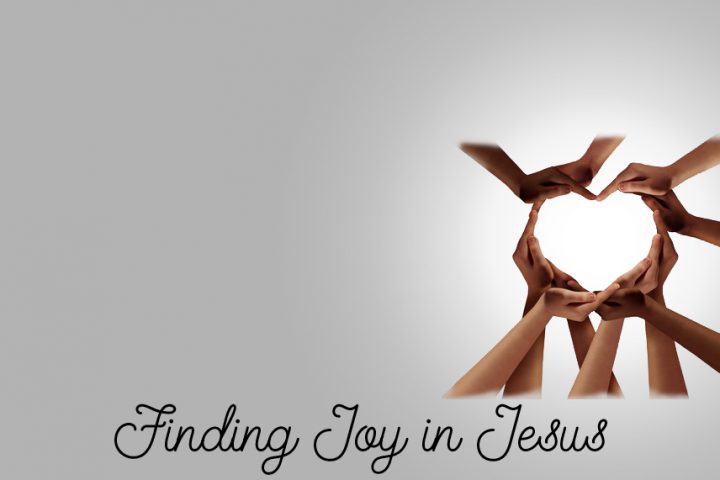Sermons from July 2020
Draw Near, Lament and Listen
Isaiah 49:1-13
In the first message (Isaiah 40:1-11) of our series, “Comfort O Comfort My People,” God gave voice to his unshakable commitment to rescue his people from exile and, in so doing, set in motion the salvation of the whole world. This week the good news will continue, but to embrace it fully we will have to learn to do what our culture fears doing—to lament. The reason they are afraid, suggests Tom Wright, “is because it seems to be afraid of the fear itself, frightened that even to name grief will be to collapse forever. We have keep going, we tell ourselves, we have to be strong. Strong, yes. Strong like Jesus who wept at the tomb of his friend. Strong like the Spirit who raised Jesus from the dead and will give life to our mortal bodies too — but who, right now, is pleading for us with groanings too deep for words.” If we embrace the biblical pattern of lament in its bold honesty and audacious trust, we will discover as the psalmists, prophets and Jesus found, hidden treasures of God’s presence that surpass understanding.
Receive God’s Word of Comfort
Isaiah 40:1-2, 27-31, 43:1-7
The pandemic continues unabated and it’s not going anywhere soon. For many us, it is getting personal, as the virus has infected co-workers, friends and/or family members. Along with increasing human, economic and social costs, many are experiencing a crisis in their faith. As Tom Wright suggests, “Tears, locked doors and doubt…sum up a lot of where we are globally.” Living lives in fear and isolation erodes our faith, darkens our hope and paralyzes our love. The length and severity of the pandemic would have shaken my soul, had I not been teaching a course on Isaiah 40-66 for the last 25 weeks. The prophet’s words address the greatest disaster in the Hebrew scriptures, the Babylonian exile. In midst of unending darkness and despair, God’s words blaze with light, comfort, healing and hope. As we immersed ourselves in Isaiah’s oratorio, we experienced a renewal of our faith, a strengthening of our hope and a new flame for our love. For the next four weeks we will be exploring significant themes in these chapters in the hope of giving you a prophetic imagination to see how God is at work in the midst of the darkness.
Where Does Your Confidence Lie?
Philippians 3:1-11
Our society places so much emphasis on having an impressive resume, with advanced degrees, a position at a prestigious company, and personal accomplishments. Even in our faith circles, there may be a subtle (or not so subtle) push for similar accomplishments: a master’s degree in theology, leading bible studies, memorizing Scripture. While none of these are negative in their own right, they may lead us to become prideful and to boast in ourselves. The apostle Paul exhorts us in Phil 3:7-11 to place no confidence in those worldly aspects, but rather let our confidence be rooted in the Lord, in knowing Him and being found in Him. God Himself tells us in Jeremiah 9:24: “let him who boasts boast in this, that he understands and knows me”. In what can you boast? Where does your confidence lie?
Faithful Co-Laborers
Philippians 2:19-30
In our journey through Paul’s letter to the Philippians, we explored the glorious Christ Hymn in Phil 2:5-11 that illustrated Jesus’ divinity and humanity. This week, we look at two faithful servants of the Lord that truly followed the example of Jesus from the Christ Hymn. They were compassionate and committed, submissive and sacrificial. They can be good models for us as followers of Jesus. Or more accurately, they point to the true model for us: Jesus Christ. We are to imitate Christ by adapting His mindset in the manner we relate to each other. This is what Paul exhorts us in Phil 2:5-8. Meditate on this passage this week and ask the Holy Spirit to transform us into Christ-imitators.
In your relationships with one another, have the same mindset as Christ Jesus: Who, being in very nature God, did not consider equality with God something to be used to his own advantage; rather, he made himself nothing by taking the very nature of a servant, being made in human likeness. And being found in appearance as a man, he humbled himself by becoming obedient to death—even death on a cross!

